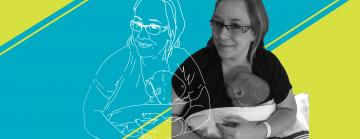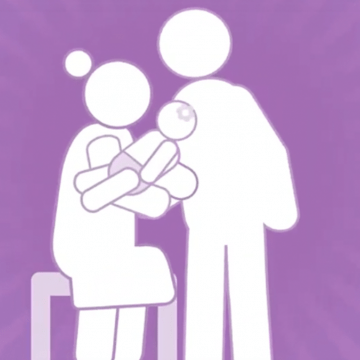
Pain and sleep problems are common in people with cerebral palsy with over 60% of individuals with CP reporting that they experience pain.
Constant or recurring pain is a very common physical concern of individuals with cerebral palsy (CP), often beginning in childhood but becoming more intense and frequent over the lifespan. Here are some facts about pain in CP and measures that can be taken to alleviate this chronic problem.
This section looks also at common causes for pain, assessments for identifying pain as well as emerging treatments. Left untreated pain and sleep problems can adversely impact activities, participation, and quality of life.
-

Reasons Your Child May Not Be Sleeping Sleep is important to all of us, but it's especially important for infants. When infants go to sleep, they start to create neural networks about what they've been learning during the day. It's estimated that as many as one in five children with disabilities have a sleep disorder, and that's higher than the rate of typically-developing children. Finding sleep interventions for these children is incredibly important so they can lay down their brain networks and continue to learn during their early childhood years.
-

Sleep Problems in Children with CP and Their Parents Early diagnosis begins with a medical history and involves using neuroimaging, standardized neurological, and standardized motor assessments that indicate congruent abnormal findings indicative of cerebral palsy. Clinicians should understand the importance of prompt referral to diagnostic-specific early intervention to optimize infant motor and cognitive plasticity, prevent secondary complications, and enhance caregiver well-being.
Sleep is important for all of us. If your baby's having sleep disturbance, it's important that you, as a parent, feel comfortable to ask for help.



